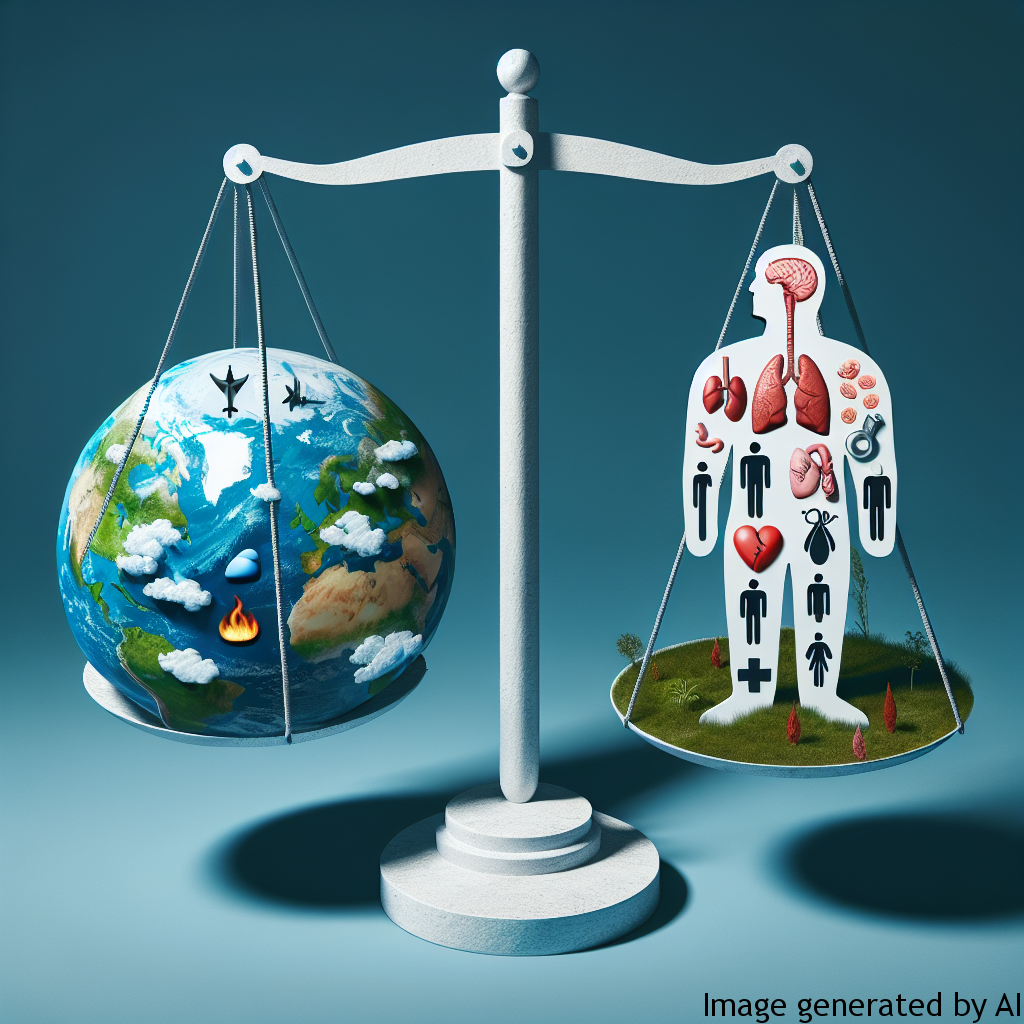Introduction
Climate change represents a serious threat to public health and wellness globally. Among the risks that humans face due to the global climate crisis, the part it plays in human diseases particularly, male diseases, is rather understated. This paper will present an examination of the relationship between climate change and male diseases – focusing on physical illnesses as well as psychological stress.
Description of Gender Expectations and Their Influence on Men’s Mental Health
Gender Stereotypes and Mental Health
Gender expectations, including traditional roles that society often places on men, can have profound impacts on mental health. Men are often socially conditioned to be the primary breadwinners of families, to be strong, and to maintain a stoic disposition, dismissing their own vulnerabilities and emotional needs. This pressure can lead to mental health problems, including stress, anxiety, depression, and potentially higher suicide rates.
Climate Change, Stress, and Mental Health
The reality of climate change with intensifying natural disasters, food insecurity, displacement, and economic instability, can amplify the stress of fulfilling these male role expectations. Increased stress levels relating to climate change situations may lead to exacerbation of mental health conditions in men, who might already be burdened by society’s gender expectations.
Examples of How Gender Roles Can Impact Men’s Lives
Men who work in industries predominantly affected by climate change, such as agriculture, fishing, and outdoor labor industries, may find their occupation and income dramatically influenced by environmental shifts. The pressure to maintain income levels, despite the challenges posed by climate change, may impact their physical health, contributing to problems such as hypertension, heart disease, and other stress-related conditions.
Additionally, climate change can indirectly influence male health by disrupting social structures and increasing competition for resources, heightening stress and potentially leading to mental health crises.
Tips to Improve Mental Health Considering Gender Roles
It’s essential for men to understand the impact that both gender expectations and climate change can have on their mental health. Here are a few tips:
1. Advocate for mental health: Men should be encouraged to discuss their feelings and emotional struggles, breaking free from the stereotype that expressing emotion is a sign of weakness.
2. Seek professional help: Do not hesitate to seek help from mental health professionals when experiencing stress, depression, or any other mental health conditions.
3. Practice self-care: Regular exercise, a healthy diet, adequate sleep, and mindfulness practices can alleviate stress and improve emotional resilience.
Conclusion
Climate change is a significant determinant of health, intertwining with mental health issues, especially among men due to societal gender expectations. As we continue to understand more about this interplay, it’s crucial to foster an environment that allows men to express their anxieties and concerns freely, and provides support systems for their mental health. Society-wide efforts are needed to address these issues – while individuals can take steps to manage their mental health, larger policy changes are necessary to genuinely tackle the impact of climate change on male health.

